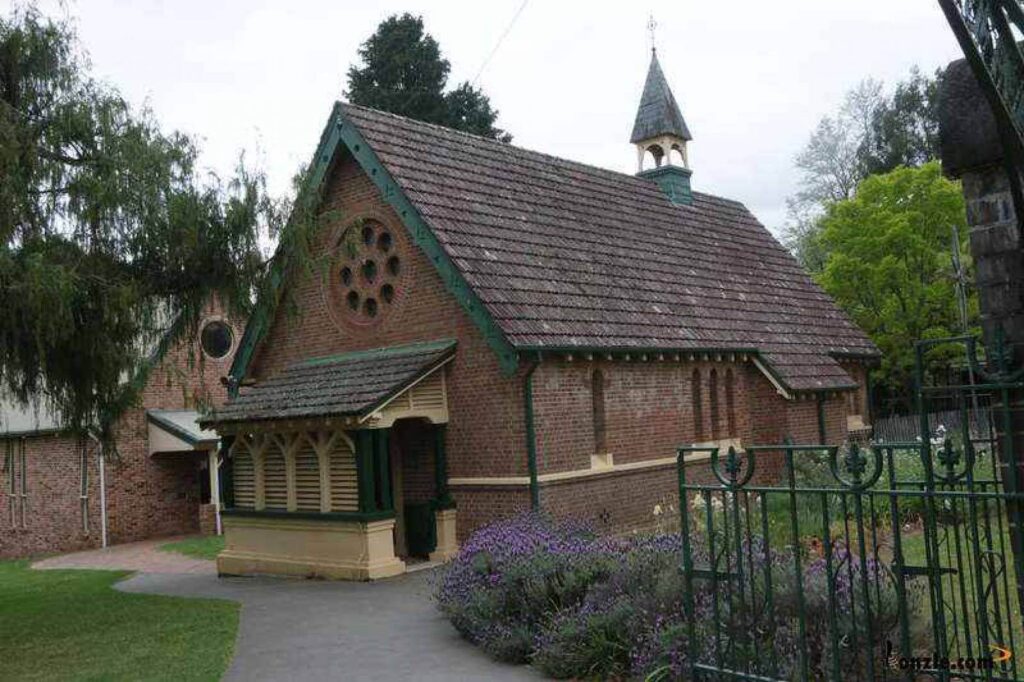On 1 August 1834, an Act of Parliament came into effect in the United Kingdom and the British Empire that abolished slavery. The idea of one person owning another is repugnant to our modern sensibilities, and the campaign to abolish the slave trade and outlaw slavery in the English-speaking world was in part due to Christians like William Wilberforce, John Wesley, Josiah Wedgwood and many others.
The movement to rid the world of slavery has been an ongoing one for many centuries; yet, despite there being many international and national resolutions, laws and acts of various parliaments in many countries, slavery persists even in Australia.
Slavery would seem to be an odd topic for a village clergyman in semi-rural Australia to be writing about in a local publication. The reality is that modern slavery is so pervasive in our modern world that all of us have been caught up in the slave economy without our knowledge. For example, much of the cobalt that is used in Lithium-ion batteries is mined by slave labour in developing countries. Often these children are as young as seven.
Wilberforce, Wesley, Wedgwood and their fellow abolitionists were motivated by their belief that all people are equal in the eyes of God, and being made in the Image of God they have inherent and inalienable dignity and rights. Sadly, the church has historically been guilty of perpetuating slavery and frequently profiting from the practice. Saint Augustine, writing in the early part of the fifth century, decries slavery in the most forcible terms, describing it as sinful and contrary to both God’s plan and human nature. Not all church figures have been so enlightened, and in the 18th and 19th centuries in particular there were many in the church who sought to enshrine the notion of slavery as normal by their selective misuse of the Bible. Thankfully today, the church has recognised, not only its error, but also the harm it has done through its actions, and has repented and apologised to the descendants of former slaves, seeking to make restitution where possible.
Amnesty International estimates that there are over 45 million slaves in the world today – one person in every 200. Depending on the definition of slavery that is used, estimations made by other organisations engaged in combatting modern slavery range from 35 to 50 million. Approximately one quarter of all modern slaves are children. Most child slaves are engaged in forced begging, domestic work or labour in the cotton, cocoa, and fishing industries. The majority of people trapped in slavery throughout the world are women.
Australia has taken a very strong stand against slavery, and is recognised as being one the leading countries in the attempt to eradicate slavery. However, as individuals we should all seek to do all we can to combat this heinous practice. There are many organisations that are dedicated to ending slavery – Amnesty International, Anti-Slavery Australia, The United Nations Human Rights Office, Baptist World Aid, amongst many others. Most organisations involved in combating modern forms of slavery suggest that we need to be informed about the reality of slavery in all its forms in the modern world. The web pages of these organisations are a good place to start.
As well as being informed, we need to be aware that slavery is business, big business. It is estimated that US$150 billion is generated in illegal profits every year through forced labour and other forms of slavery. One way that we can combat slavery is by supporting businesses that themselves seek to battle slavery. The Attorney General’s department of the Federal Government maintains a register of corporations that have made anti-slavery commitments. An example is the Bega Group, which owns well-known Australian brands such as Vegemite and Dairy Farmers, and has submitted their Modern Slavery Statement to the register. (This corporation was chosen because we all love Vegemite and we have a lot of cows in Kangaroo Valley). By supporting corporations that seek to combat modern slavery we can also play a part in ending this human tragedy.
Being informed and flexing our collective economic muscle is a good starting point. Encouraging others to do the same will also help. In preparing this article I read many stories of those who had survived and escaped slavery. It was harrowing. It is my fervent belief and the clear testimony of the Bible that every person is created in the image of God. As such we need to do all that we can to ensure that the dignity and right of each person is upheld and promoted.
Yours in Christ.
Andrew Heron
